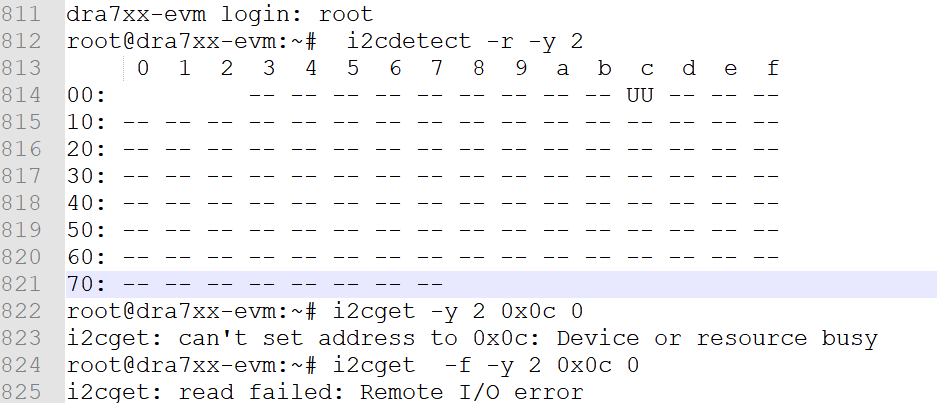I am using DS90UB928 and DS90UB928 to create FPD-link output. 925 is local device.928 is remote device. I use the defualt configuration of 928 and 925.But I can not detect 925 and 928 on the I2C. Should I put 928 and 925 on the same I2C?
Thanks & Regards,
cheng





